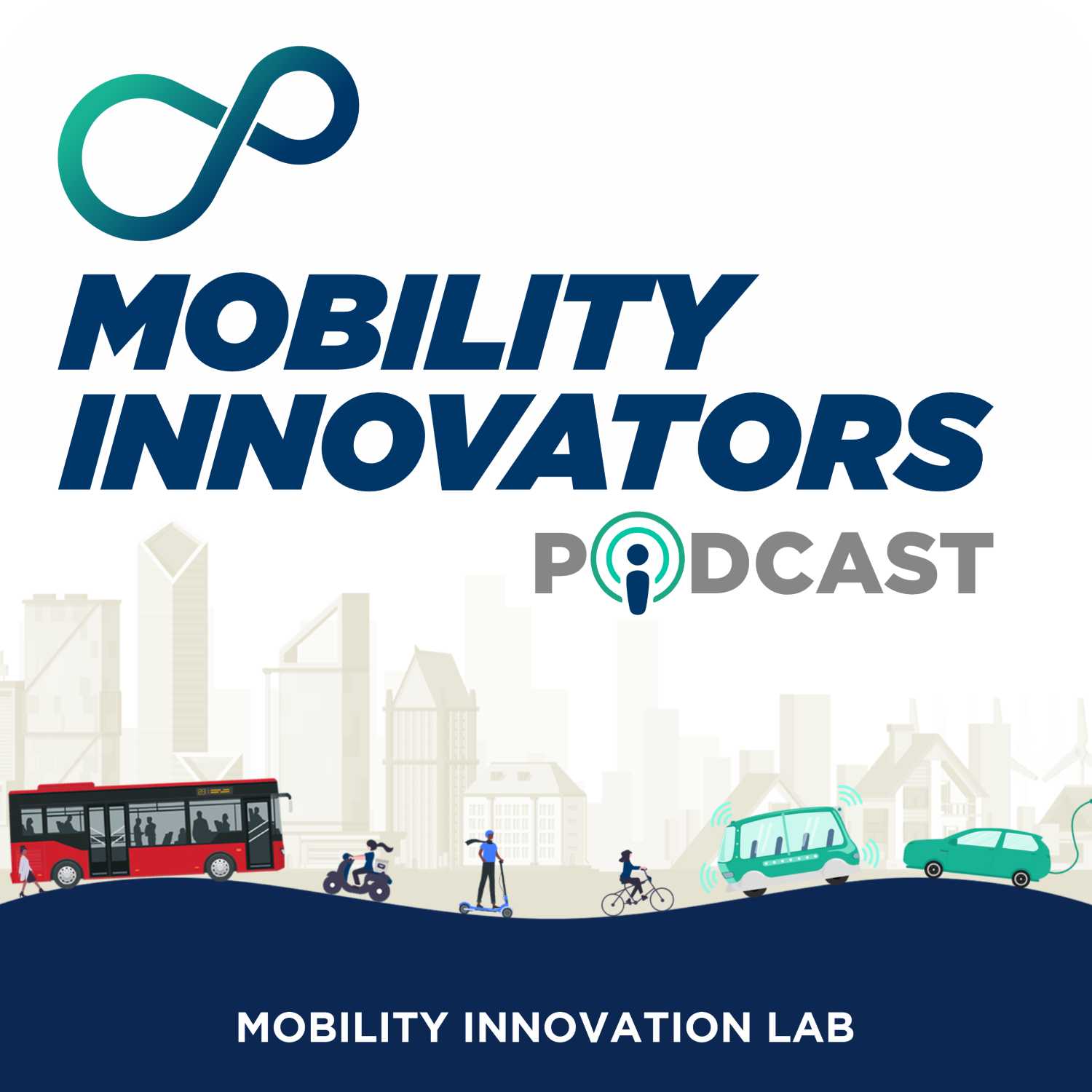User acceptance and perception of autonomous vehicles | Guido di Pasquale
Autonomous mobility will play a major role in reshaping cities. Industry predicted that autonomous vehicles would be providing services and were available on our streets by 2021. However, the industry is still not closer to market deployment. Autonomous vehicles are already in the phase of disillusionment under Gartner Hype Cycle for connected and smart mobility. The industry will see upper movement from this level. User acceptance and perception of autonomous vehicles will have a big impact on large-scale adoption. According to Lloyd’s Register Foundation, only 27% of the global population would accept or believe that this technology is safe. The cities and authorities have a big role to support the new technology deployment. European Commission (EU) followed the right approach to fund the pilots and demonstration of new technologies.Guido di Pasquale is the Managing Director of PAVE (Partners for Automated Vehicle Education), a coalition of industry, non-profit and academic institutions. The key mission of PAVE is to inform the public about automated vehicles and their potential. Prior to joining PAVE Europe, he was working as Deputy Director of Knowledge and Innovation at UITP. He has 20 years of experience in the transport and automation field, specializing in Intelligent Transport Systems, Automated Mobility, integrated mobility, research and innovation, strategy, and policy. He was involved in many EU projects including SPACE Project (Shared Personalised Automated Connected vhEicles), Shift2Rail GoF4R (Governance of the Interoperability Framework for Rail and Intermodal Mobility), AUTOPILOT (Automated Driving progressed by the Internet of Things), IMOVE (Accelerate deployment and unlock the scalability of MaaS schemes in Europe and GALILEO FOR MOBILITY (Fostering the adoption of Galileo for MaaS).

